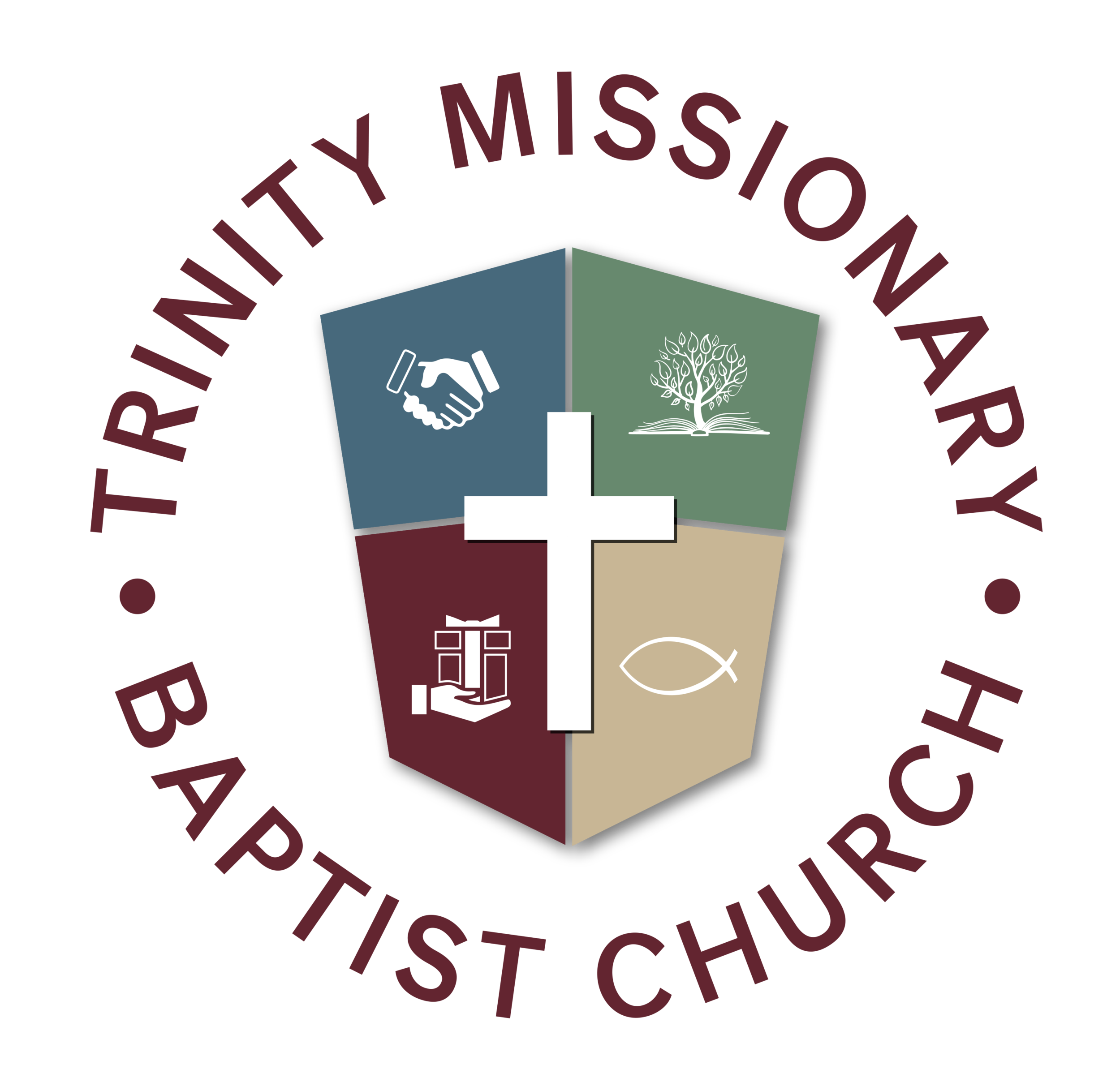“God’s Perspective of Stewardship”
One day, John Wesley’s house burned down to the ground. Some people found him and said, “John, we are so sorry to tell you this, but your house just burned to the ground.” John Wesley said, “That’s impossible.” “No, John! Your house burned to the ground.” “That’s impossible!” “John, we saw it with our own eyes. Your house is gone!” “That’s impossible. You see, I don’t own a house. God gave me a place to live in. I only managed that house for him. If He didn’t put the fire out, then that’s His problem. He’ll have to put me somewhere else.”
John Wesley’s perspective of stewardship aligns with God’s perspective of stewardship. His idea of stewardship had its impetus in God’s ownership of everything, which included Wesley’s possessions. Even though Wesley lived in the house, he acknowledged God as the ultimate owner. The writer’s in the biblical text promoted God’s sovereign ownership of everything (Deut. 10:14; Ps. 24:1; 50:11; 89:11). We must never forget this divine truth: nothing is outside of God’s ownership.
Since nothing is outside of God’s ownership, He has the sovereign right to do with His creation as He pleases. When Job lost everything, he acknowledged God’s sovereign ownership when he stated, “Naked I came from my mother’s womb, and naked I shall return there. The Lord gave and the Lord has taken away. Blessed be the name of the Lord” (Job 1:21). Like Job, Wesley had the same response when God decided to retract some of the possessions that He had loaned him for a season. Wesley’s response was not to complain or blame God for his misfortunes. Just the opposite, Wesley embraced his loss and looked to God for continued sustenance through divine intervention.
John Wesley had the right perspective about material possessions and his stewardship of each possession as evidenced by his response. We cannot take Wesley’s perspective of stewardship lightly because everything we do is the outworking of a perspective about something in life. In Leading With Consistency: Four Steps To Leadership Consistency, I talk about the importance of perspective. Our perspective shapes our priorities and our priorities shape what we do in practice. Thus, we can discover a lot about a person’s perspective of stewardship by looking at what they do in practice regarding stewardship.
When people have a correct view of God’s ownership, in practice, they will acknowledge God’s ultimate ownership through praise and prayers that are saturated with thanksgiving and gratitude for God’s character and His gracious conduct toward His people (1 Chron. 16:35; Ps. 57:9; 97:1; 103:1-5; 118:1; Jer. 33:11). Without a correct view of God’s ownership, one might think their possessions are exclusively the byproduct of their laborious and tireless effort to have abundant prosperity. Contrary to what some might believe, the biblical text does not espouse the view that prosperity and success are evil and something to be shunned by those who are followers of the Lord Jesus Christ. The Bible depicts our prosperity and success as the result of our partnership with God, who blesses us to prosper and succeed.
In Genesis 39, the writer does not attribute Joseph’s success and prosperity to his leadership acumen and managerial skills. The writer in Genesis 39 attributed Joseph’s success and prosperity to the Lord God when he wrote: “The Lord was with Joseph, so he became a successful man” (Gen. 39:2). In the same chapter, the writer added, “Now his master saw that the Lord was with him and how the Lord caused all that he did to prosper in his hand” (Gen. 39:3). Joseph’s success and prosperity were not man-made. His success and prosperity was God-made and divinely orchestrated as God sovereignly interjected Himself into Joseph’s life so He could get the glory and recognition (Gen. 39:5). During Joseph’s time in prison, God never failed to uphold His end of the partnership with His faithful servant Joseph. Thus, at two additional times in Genesis 39, the writer says, “the Lord was with Joseph…” and “the Lord was with him; and whatever he did, the Lord made to prosper” (v. 21, 23).
In Genesis 50:20, Joseph calmed his brothers' fears by reminding them of his perspective of God’s sovereign control over the adverse events that transpired in his life when he said, “As for you, you meant evil against me, but God meant it for good to bring about this present result, to preserve many people.” A correct perspective of stewardship can help us to overcome some of the most tragic and unpleasant experiences in our lives. Because God has ultimate ownership, nothing is beyond God’s use to bring glory and honor to His name. Thus, we should always remain open to the possibility of God removing something from our lives that may cause pain and suffering on our part. However, if we have a correct view of stewardship and God’s ultimate ownership, we will continue to trust God for our every provision (Prov. 3:5-6). Before God manifests the provision, we should acknowledge God’s sovereign right to add and subtract in our lives for His glory and our good (Job 1:21-22; Rom. 8:28).
No matter what God allows us to go through in life, the key is for us to maintain a divine perspective of stewardship. As we manage the possessions that God places in our possession, we should remember that God expects us to be faithful stewards (1 Cor. 4:1) who surrender all to the Lord who owns everything (Ps. 24:1-2).
